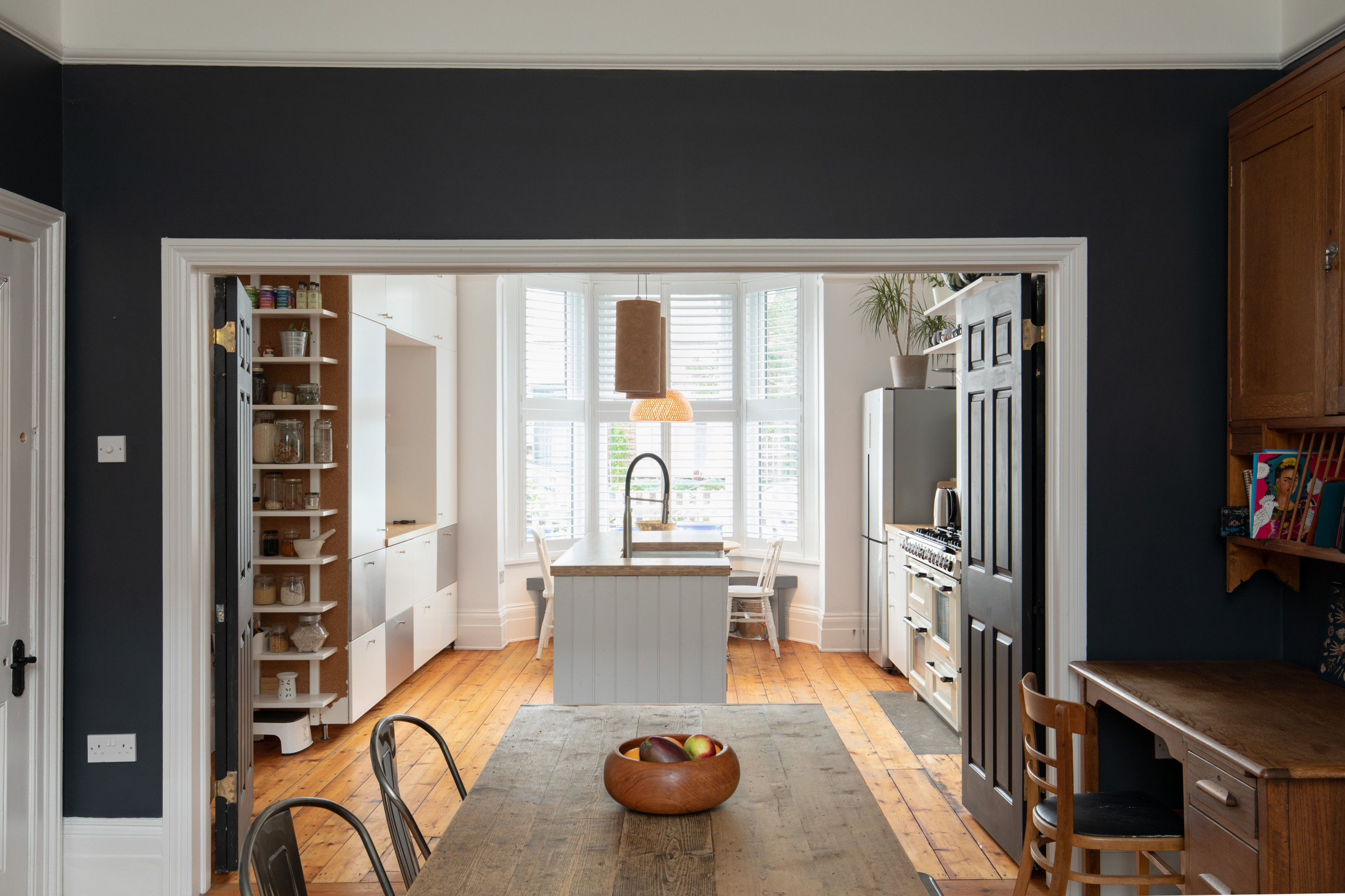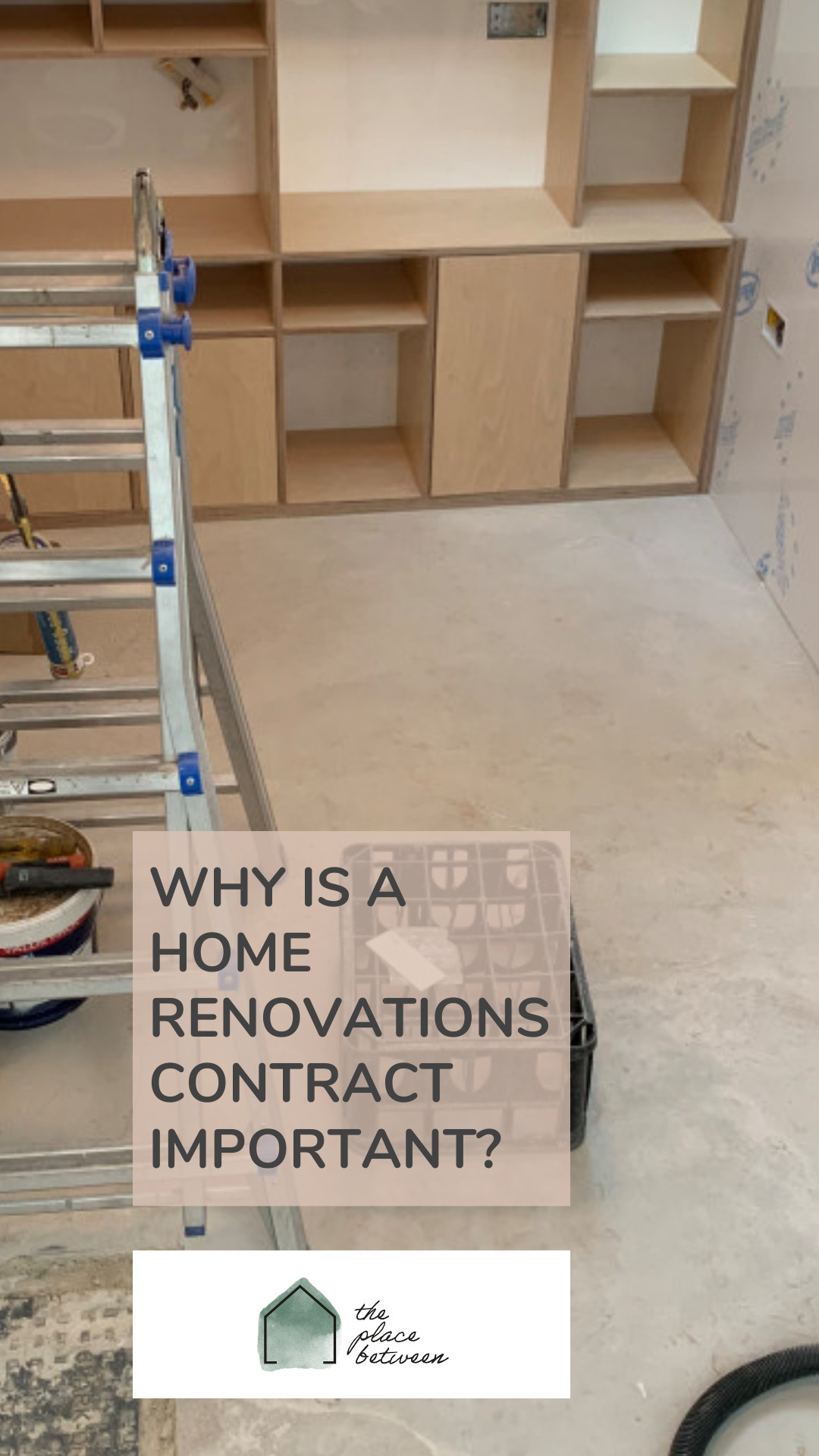Sustainable homes you enjoy living in. Designed with trust, clarity & care.
Why open communication about renovation budget is going to help contractors and clients

You know, at The Place Between, we totally get how tough it can be to keep an eye on costs when renovating. And that is a hard fact for contractors and for their clients.
What is the solution?
Whether you're a homeowner planning a makeover or a building professional trying to bring a vision to life, we are here to tell you that openness and honesty about money is a darn good way to make a project successful.
Why?
Well, while both contractors and homeowners may be tempted (for different reasons) to keep financial information a tad secret, the only way to produce meaningful, accurate renovation budgets is to take an honest look at the available resources and openly communicate about it.
Such approach is more likely to generate accurate quotes and less likely to create false expectations either side.
Makes sense so far? Let's discuss this a bit more.
The benefits of open communication
One of the most significant advantages of discussing your renovation budget openly is that it ensures that both parties clearly understand the project's scope and limitations.
Here are some key benefits:
1. Avoiding misunderstandings: By clearly stating your budget from the outset, you help prevent any miscommunication that could lead to disputes or delays.
2. Better planning: Open discussions allow for more accurate planning and allocation of resources, ensuring that the project stays on track and within budget. This can bring a sense of relief, knowing that everyone is on the same page.
3. Enhanced trust: Transparency builds trust between homeowners and builders, fostering a collaborative environment where both parties work towards a common goal.
4. Improved project outcomes: When everyone is on the same page, the likelihood of achieving the desired results increases, leading to a more satisfying renovation experience.

Homeowner: Understand your builder’s quote
When receiving a builder's quote, a good starting point is determining what is included and what is not. This understanding empowers homeowners to make informed decisions.
Key areas that might be excluded include:
- Profesional fees: The cost of hiring an interior designer, an architect, a structural engineer, a party wall surveyor, or a project manager is typically separate and should be budgeted accordingly. And chances are your project will need some professional services.
- Temporary accommodation: If you need to move out during the renovation, accommodation costs should be considered separately. For more on this topic, read our blog post on deciding whether to live in your house while renovating it.
- Finishing materials: The initial quote may not cover high-end finishes, fixtures, and other materials. These could include premium flooring, designer light fixtures, or custom cabinetry. You can assume it does not unless the contractors you choose are material sourcing specialists, and this is explicit in their marketing.
- Breakages and unexpected expenses: Accidental damages or unforeseen issues can arise, leading to additional costs.
- Any other areas you can think of? Write to us and we will improve this blog with your contribution.
The issue of accidental damage
Accidental damage during a renovation is a common problem, and it’s not always clear who is responsible for the extra costs. While some damages may fall under the contractor’s responsibility, others might be the client's responsiblity. It's essential to:
- Discuss potential scenarios: Talk about what happens in case of accidental damage and how such situations will be handled. This open dialogue can help set expectations and prevent misunderstandings, fostering a more collaborative relationship.
- Clarify responsibilities: Ensure that the home renovation contract specifies who is responsible for covering the costs of any accidental damage.
- Plan for contingencies: Homeowners should allocate a portion of their budget for unexpected expenses to avoid financial strain if issues arise. Contractors should plan a percentage of contingency for the same risk. This proactive approach can make both feel more prepared for any unforeseen circumstances. We know for sure there will be some!
For more on this, check out our blog post titled 30 reasons to have a home renovation contract.

The construction budget is NOT the project's budget.
Based on this, a construction budget is NOT the project's budget. It is only a part of it. The project's budget includes ALL the expenses above and anything else that the homeowner is in charge of sourcing, spending and managing.
One of the main causes of budget overruns is misinterpreting the construction budget as the project's budget. Homeowners can roughly double or triple the construction budget (this is not an accurate way to assess the risks but has some merit), OR they can list all the other projected expenses and forecast the project costs more accurately.
Typically, building contractors will not factor in the costs, which are the sole responsibility of the clients. However, it is a responsible practice to inform clients of this risk and explicitly state what is excluded from their quote. It is in the interest of contractors to support their clients in managing the money so that projects can be completed successfully.
Book a consultation with The Place Between
Transparency and clear communication are the foundations of a successful renovation project. At The Place Between, we are committed to helping you achieve your home improvement goals with clarity and confidence.
Ready to get started?
🪸 Would you like to book a design consultation?
🔖 Book your free consultation on our website today at www.theplacebetween.co.uk.
Let’s turn your renovation dreams into reality with a partnership built on trust and openness. 🌟
